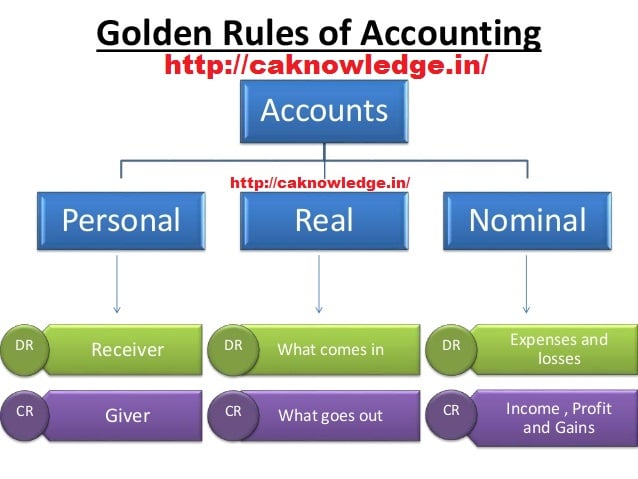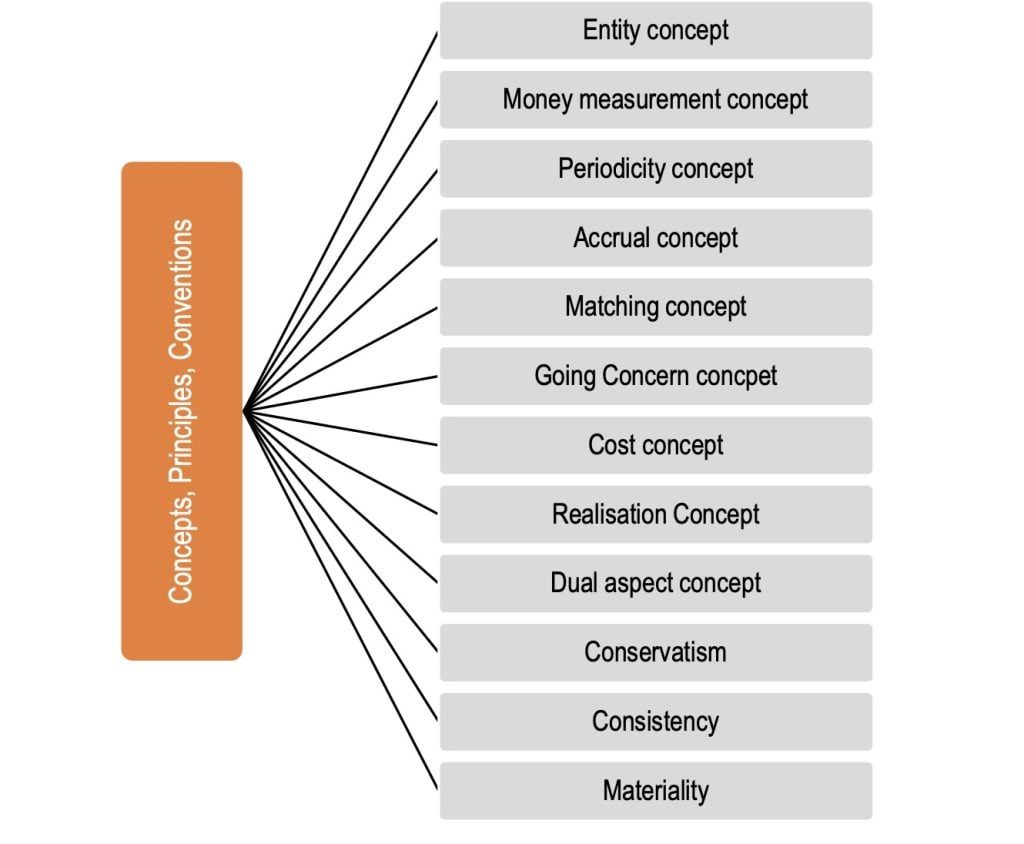Basic Principles of Accounting and Golden Rules of Accounting. GAAP (Generally Accepted Accounting Principles) is the framework,rules and guidelines of the financial accounting profession with apurpose of standardizing the accounting concepts, principles andprocedures. Top 10 Most Important Basic Accounting Principles Defined. Here is the list of top basic accounting principles that company follow quite often. Here are the basic accounting principles and concepts under thisframework :
Basic Principles of Accounting
1. Business Entity
A business is considered a separate entity from the owner(s) andshould be treated separately. Any personal transactions of its ownershould not be recorded in the business accounting book, vice versa.Unless the owner’s personal transaction involves adding and/orwithdrawing resources from the business.
2. Going Concern
It assumes that an entity will continue to operate indefinitely. In thisbasis, assets are recorded based on their original cost and not onmarket value. Assets are assumed to be used for an indefinite period oftime and not intended to be sold immediately
3. Monetary Unit
The business financial transactions recorded and reported should bein monetary unit, such as INR,US Dollar, Canadian Dollar, Euro, etc.Thus, any non-financial or non-monetary information that cannot bemeasured in a monetary unit are not recorded in the accountingbooks, but instead, a memorandum will be used.
Advertisement
Content in this Article
4. Historical Cost
All business resources acquired should be valued and recorded basedon the actual cash equivalent or original cost of acquisition, not theprevailing market value or future value. The exception to the rule is whenthe business is in the process of closure and liquidation.
5. Matching Concept
This principle requires that revenue recorded, in a given accountingperiod, should have an equivalent expense recorded, in order to showthe true profit of the business.
6. Accounting Period
This principle entails a business to complete thewhole accounting process of a business over a specific operating timeperiod. It may be monthly, quarterly, or annually. For the annualaccounting period, it may follow a Calendar or Fiscal Year.
7. Conservatism
This principle states that given two options in the valuationof business transactions, the amount recorded should be the lowerrather than the higher value.
8. Consistency
This principle ensures consistency in the accounting procedures usedby the business entity from one accounting period to the next. Itallows fair comparison of financial information between twoaccounting periods.
9. Materiality
Ideally, business transactions that may affect the decision of a user offinancial information are considered important or material, thus, mustbe reported properly. This principle allows errors or violations ofaccounting valuation involving an immaterial and small amounts ofrecorded business transactions.
10. Objectivity
This principle requires recorded business transactions should havesome form of impartial supporting evidence or documentation. Also, itentails that bookkeeping and financial recording should be performedwith independence, that’s free of bias and prejudice.
Golden Rules of Accounting :-
A] Real Accounts:-
1) Debit what comes in.
2) Credit what goes out.
B] Personal Accounts :-
1) Debit the reciver.
2) Credit the giver.
C] Nominal Accounts :-
1) Debit all expenses and Losses.
2)Credit all Incomes and Revenue.
Recommended Articles



Excellent
how can I download book of standard 12th.